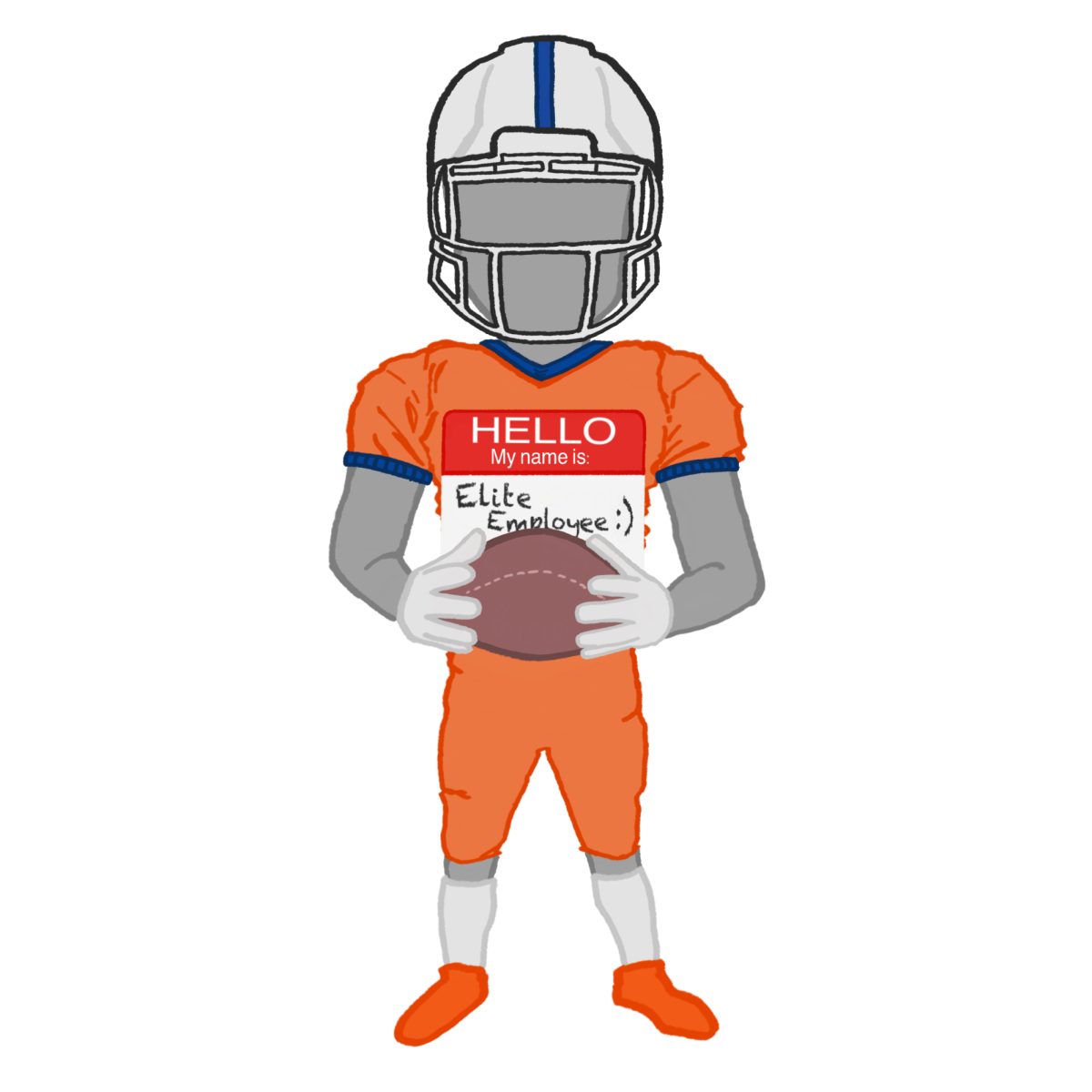The NCAA’s tirade over their governance of collegiate athletics seems to be coming to a swift and fiery end. The National Labor Relations Board ruled in favor of Dartmouth College basketball players, stating the players are employees of Dartmouth College and are eligible to join local 560 of the Service Employees International Union. This set the stage for a historic March 5 vote to join the union.
Unknowingly, these non-scholarship basketball players belonging to this small Ivy League university, tucked away on the Appalachian Trail, may have changed the course of collegiate athletics forever. Reverting a seven-decade-old, dictatorial crusade affecting thousands of young men and women.
The NCAA has staunchly pushed that athletes of the universities they represent are not employees; rather, they are “student athletes” — coined after the 1953 ruling between the University of Denver and Ernest Nemeth, a former football player for the university. At the time, the Colorado Supreme Court ruled in favor of Mr. Nemeth, stating that he was an employee of the university and should receive compensation based on the injuries he sustained as an employee.
In protecting its member institutions, the NCAA promptly decided that athletes thereafter were merely amateurs, barring them from any compensation in future worker’s compensation cases. That was over 70 years ago, and the tide has changed on the landscape of college athletics. With the landmark policy of NIL in 2021, allowing players to be compensated for their name, image and likeness, the NCAA saw the first hit to its power.
College is the highest level that many athletes will ever compete in. Less than two percent will make it to their sports’ respective professional leagues. The most marketable team starters or recognizable names, such as Arch Manning or Bronny James, get these eye-popping NIL deals. While NIL is great for athletes, the free market gives money to the most marketable and to the two biggest sports. Meanwhile, the little people, such as walk-ons, unknown second- or third-string players, and smaller sports, get nothing.
The potential unionization of college athletics will not only benefit the unknown student athletes’ pocketbooks but also give all players a voice to dictate their vision as they want, not how the NCAA wants. Players are not just employees of their university; they are ambassadors and advertisers for them too. Called the Flutie effect, if a university has athletic success, the number of applications it receives will increase.
While student-athletes’ opportunities to get their “fair share” have dramatically improved over the past couple of years, that right has only been reserved for a select few. The wave of unionization for college athletes would give them the rights they deserve. These young men and women gamble their minds and bodies every day just for a slim jackpot. That should not be a plausible reason to sacrifice your quality of life down the road without compensation.











